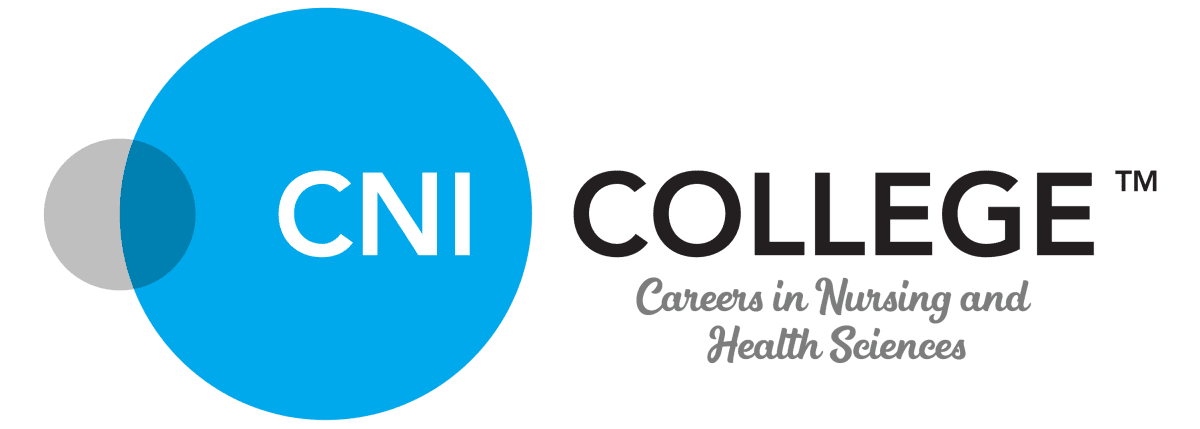Navigating Your Nursing Journey
Choosing and Getting into the Right BSN Program
Embarking on a career in nursing is an admirable and rewarding decision. One of the first crucial steps towards becoming a registered nurse is choosing the right Bachelor of Science in Nursing (BSN) program. With numerous options available, it’s essential to carefully consider various factors to ensure the program aligns with your needs, goals, and preferences. In this guide, we’ll walk you through the process of selecting the best BSN program, from evaluating location and accreditation to deciding between online and on-campus formats, and managing the costs. We’ll also offer valuable tips for a successful admission process.
Tips for Choosing the Right BSN Program for You
Selecting the perfect BSN (Bachelor of Science in Nursing) program is a crucial decision that can significantly impact your nursing career journey. With a multitude of options available, it’s essential to navigate this choice wisely. In this section, we’ll provide you with valuable tips and insights to help you find the BSN program that aligns best with your goals, preferences, and needs. Whether you’re a recent high school graduate aspiring to start your nursing journey or a career-changer looking to transition into the field of nursing, these tips will guide you towards making an informed and well-rounded decision.
Location Matters
The location of your BSN program is a critical factor to consider. Here are some aspects to keep in mind:
- • Proximity to Home: Determine how far you’re willing to travel for your studies. A program closer to home may offer more convenience and cost savings.
- • Clinical Opportunities: Research the healthcare facilities where you’ll gain clinical experience. Proximity to quality healthcare institutions can enhance your learning.
- • State Requirements: Be aware of state-specific nursing licensure requirements. Ensure your chosen program aligns with the state in which you plan to practice.

Accreditation is Key
Accreditation is a vital factor in evaluating the quality of a BSN program. Look for programs accredited by organizations like the Accrediting Bureau of Health Education Schools (ABHES) or the Commission on Collegiate Nursing Education (CCNE). Accredited programs meet rigorous standards, ensuring a high-quality education and increasing your eligibility for certifications and advanced degrees.
Online vs. On-Campus
Deciding between online and on-campus formats is a personal choice. Consider the following when making your decision:
- • Flexibility: Online programs offer flexibility for those with work or family commitments, while on-campus programs provide a traditional learning experience.
- • Learning Style: Assess your learning preferences. Are you self-disciplined and tech-savvy enough for online learning, or do you thrive in a classroom environment?
- • Support Services: Research the support services offered, such as tutoring, counseling, and library resources, as they can vary between formats.
Cost Management
Nursing education can be expensive, so it’s essential to manage costs effectively. Here are some tips:
- • Financial Aid: Explore scholarships, grants, and loans specific to nursing students. FAFSA (Free Application for Federal Student Aid) is a great starting point.
- • In-State Tuition: If applicable, consider in-state tuition rates, which are often lower than out-of-state rates.
- • Part-Time Work: Assess your ability to work part-time while studying, but be mindful not to overload yourself.
- • Budgeting: Develop a budget plan that includes tuition, fees, books, and living expenses to avoid financial surprises.
Admission Strategies to For Your BSN Program
Getting admitted to a BSN program can be competitive. Here are strategies to help you stand out.

Strong Academic Record
Maintaining a strong academic record is paramount for gaining admission to a BSN program. Here’s how to excel academically:
- • Take Prerequisite Courses Seriously: Ensure you perform well in prerequisite courses, which often include biology, chemistry, anatomy, and physiology. These courses provide the foundation for nursing coursework and are closely examined during the admission process.
- • Seek Tutoring or Academic Support: If you struggle in any prerequisite courses, don’t hesitate to seek tutoring or academic support services provided by your institution. Addressing any academic weaknesses proactively can help you maintain a competitive GPA.
- • Stay Organized: Develop effective study habits and time management skills. Staying organized can help you balance coursework and other commitments.
Extracurricular Activities
Participating in extracurricular activities can demonstrate your commitment to nursing and your ability to balance multiple responsibilities:
- • Volunteer at Healthcare Facilities: Volunteering at hospitals, clinics, or nursing homes provides valuable exposure to the healthcare environment. It also allows you to network with professionals who may later write letters of recommendation for you.
- • Join Student Nursing Associations: Many universities have student nursing associations that offer opportunities for leadership, community service, and networking. Joining such organizations can showcase your dedication to the field.
- • Participate in Health-Related Initiatives: Engage in health-related community initiatives or health fairs. These experiences can highlight your passion for healthcare and community involvement.
Compelling Personal Statement
Your personal statement is a chance to convey your motivation and unique qualities to the admissions committee. Here’s how to create a compelling one:
- • Tell Your Story: Share your personal journey and what led you to pursue a career in nursing. Discuss experiences or challenges that ignited your passion for the field.
- • Highlight Relevant Skills: Emphasize your relevant skills, such as communication, empathy, problem-solving, and teamwork. Provide specific examples of how you’ve demonstrated these skills in your life.
- • Explain Your Goals: Discuss your short-term and long-term career goals as a nurse. Explain why this specific BSN program aligns with your aspirations.
- • Proofread and Edit: Carefully proofread your personal statement to eliminate grammar and spelling errors. Ask a trusted friend, family member, or mentor to review it for clarity and coherence.
Letters of Recommendation
Strong letters of recommendation can significantly enhance your application. Here’s how to secure compelling ones:
- • Choose Recommenders Wisely: Select recommenders who know you well and can speak to your character, work ethic, and qualifications. Professors, healthcare professionals you’ve worked with, or volunteer supervisors are excellent choices.
- • Request Letters Early: Approach potential recommenders well in advance of application deadlines. Give them ample time to write thoughtful and personalized letters on your behalf.
- • Provide Necessary Information: Offer recommenders a comprehensive packet that includes information about the program, your academic achievements, and a draft of your personal statement. This will help them write more relevant and compelling letters.
- • Follow Up: Send polite reminders to your recommenders as the deadline approaches. Express gratitude for their assistance and provide any additional details they may need.
Interview Preparation:
If your BSN program requires an interview, thorough preparation is essential:
- • Research the Program: Familiarize yourself with the program’s curriculum, faculty, and mission. Be prepared to explain why this program is the right fit for you.
- • Practice Interview Questions: Review common nursing school interview questions and practice your responses. Consider conducting mock interviews with a mentor or career advisor to refine your answers.
- • Demonstrate Professionalism: Dress professionally, arrive on time, and be courteous to everyone you encounter during the interview process, including administrative staff and current students.
- • Show Enthusiasm: Express your genuine enthusiasm for nursing and your commitment to succeeding in the program. Highlight any relevant experiences that demonstrate your readiness for the challenges of nursing school.

A well-rounded approach to the admissions process for a BSN program involves excelling academically, actively engaging in extracurricular activities, crafting a compelling personal statement, securing strong letters of recommendation, and preparing for interviews if necessary. By implementing these strategies, you’ll enhance your chances of gaining admission to the BSN program of your choice and taking the first steps toward a fulfilling nursing career.
The Right Program and Preparation
Choosing the right BSN program is a significant step toward achieving your nursing career goals. By carefully evaluating location, accreditation, program format, and cost, you can make an informed decision that aligns with your aspirations. Additionally, mastering the admissions process with a strong academic record, compelling personal statement, and persuasive letters of recommendation will increase your chances of securing a spot in your desired BSN program. Your journey towards becoming a registered nurse starts with the right education, so choose wisely and embark on your path to a nursing career.

